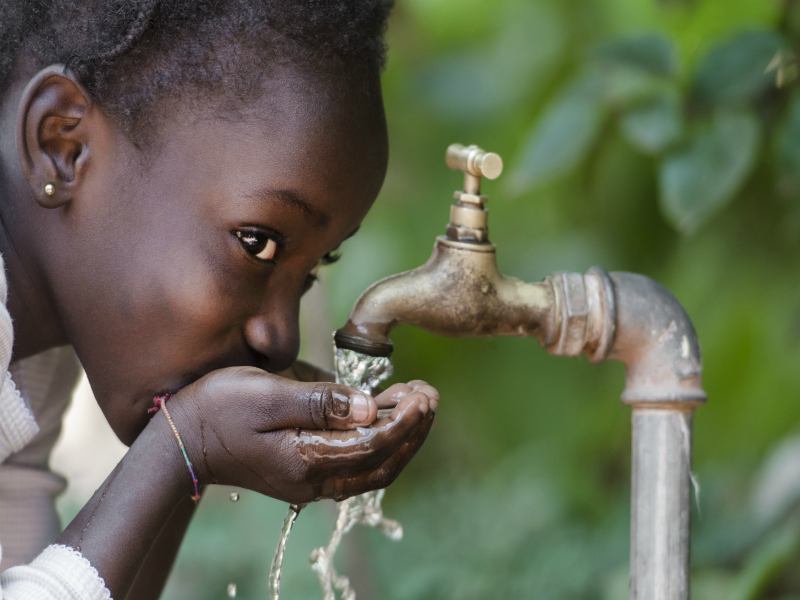Water and Sanitation
- Home / Water and Sanitation
WATER AND SANITATION
Clean water, basic toilets and good hygiene practices are essential for the survival and development of human being. Today, there are around 2.4 billion people who do not use improved sanitation, and 663 million who do not have access to improved water sources. Without these basic needs, the lives of millions of children are at risk. For children under five, water- and sanitation-related diseases are one of the leading causes of death. Every day, over 800 children die from preventable diseases caused by poor water, and a lack of sanitation and hygiene. Swachh Bharat Mission Garmin- SBM (G) endeavors to accelerate rural sanitation coverage, reduce open defecation and improve management of solid and liquid wastes. It focuses on ensuring usage of toilets along with their construction. There is strong emphasis on behavioral change, including a focus on communication, strengthening implementation and delivery mechanisms down to the village level. SNI is also working for improvement of water and sanitation conditions in the rural parts of the country through implementation

of project related to public health management system and through conducting of research studies. We got an opportunity to associate with the SBM-G, Govt of Assam and under his guidance we are conducting third party verification of Open Defection free villages declared by the district administration of Assam State.

Survey
Fundamentally, a survey is a method of gathering information from a sample of people, traditionally with the intention of generalizing the results to a larger population.

Evaluation
Evaluation assessment considers value, merit, worth, significance or quality (Scriven, 1991). It may aim to identify what works, for whom, in what respects.

Monitoring
Monitoring is conducted after a programme has begun and continues throughout the programme implementation period.

IMPACT ASSESSMENTS
Environmental Impact Assessment Review (EIA Review) is a refereed, interdisciplinary journal serving a global audience of practitioners.
What We Do

Build water and sanitation capacity
Establishing water project boards made up of community leaders who are trained by experts on how to monitor, maintain and repair water systems; training people in the use and repair of water pumps and generators; and training a core of local leaders in water safety and purification so they can lead workshops throughout the community and expand grassroots knowledge.

Develop new sustainable water sources
Empowering local communities to drill new wells and boreholes and repair existing ones; build and repair water towers; and construct water troughs for livestock.

Ensure a reliable supply of clean water
Providing equipment and training for testing and pumping water; empowering communities to build and repair latrines in homes, schools and public spaces; and lobbying local governments to devote public resources to water infrastructure projects.

Implement water conservation techniques
Mobilizing communities to initiate drip irrigation projects, which minimize the use of water and fertilizer by allowing water to drip slowly to the roots of plants, and to develop water catchment systems, which collect rainwater from a roof or other surface before it reaches the ground and store it for future use.

Build sanitation programs
Good hygiene is more than a convenience; water borne illness is a leading cause of childhood deaths around the world. The Hunger Project trainings and capacity building projects improve living conditions and save lives.
